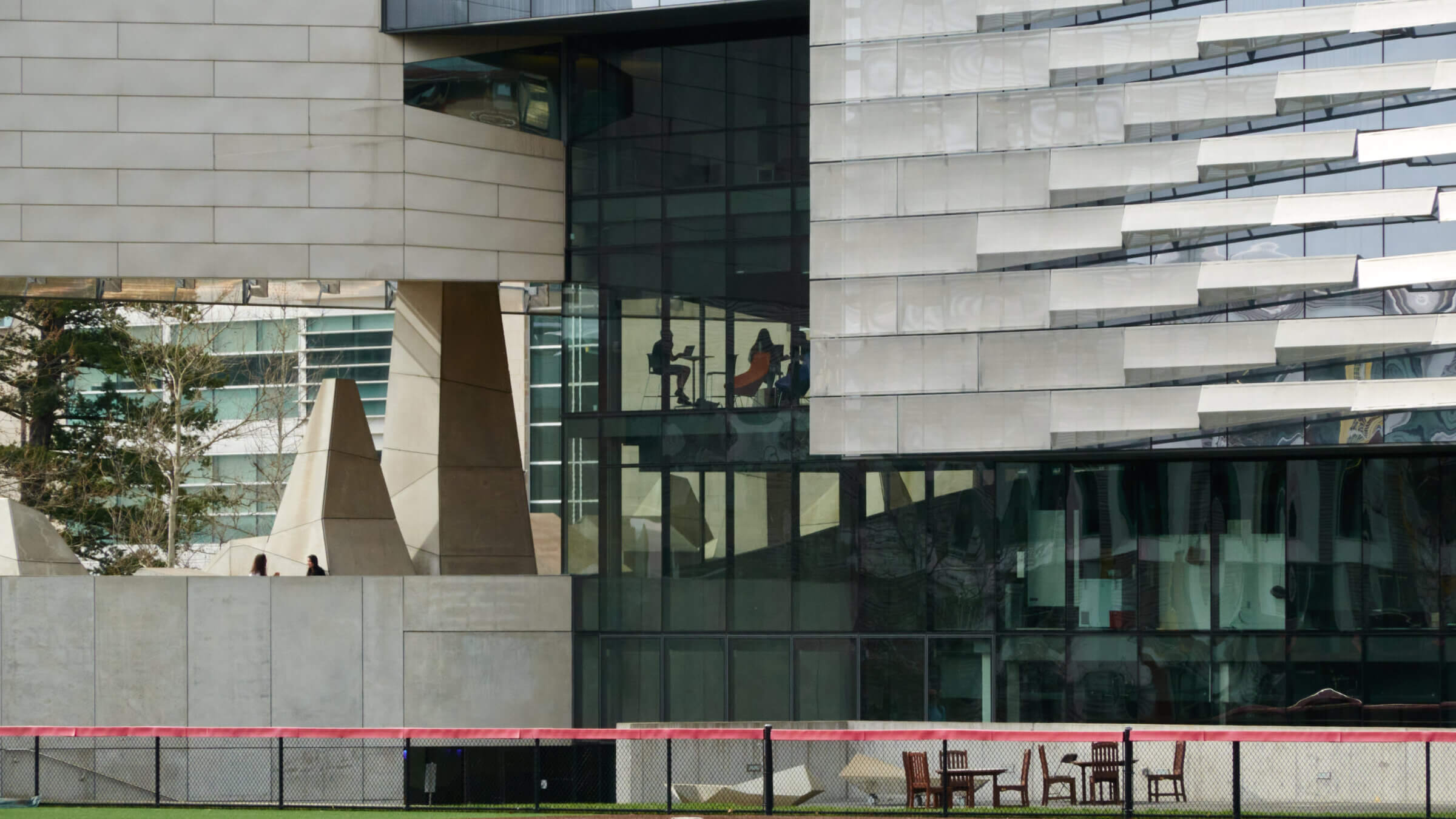Major Cornell donor calls for president’s ouster over antisemitism, DEI
An open letter from a former trustee says high-profile incidents were a tipping point

Bill and Melinda Gates Hall at the Cornell University campus in Ithaca, New York. Photo by Bing Guan/Bloomberg via Getty Images
One of Cornell University’s largest donors is calling for the ouster of the school’s president, saying antisemitism has flourished on campus due to her emphasis on DEI initiatives.
In an open letter to the school’s board chairman published Tuesday, Jon Lindseth, a Cornell alumni and former member of its Board of Trustees, called President Martha Pollack’s response to the Hamas attack on Israel and campus antisemitism since “shameful.”
“Under President Pollack’s leadership, antisemitism and general intolerance have increased on campus,” Lindseth wrote. “Her lack of leadership in the days following the October 7th massacre is only one of the many examples of poor leadership and failed policies at Cornell.”
He also called for the board to replace the school’s provost, Michael Kotlikoff, and for the end of affirmative action at Cornell.
The call for Pollack’s ouster follows the resignations of the presidents of the University of Pennsylvania and Harvard largely due to fallout over their handling of campus responses to the war and a Congressional hearing in which they declined to say clearly that calls for Jewish genocide would violate school policies.
Lindseth’s invocation of Diversity, Equity and Inclusion programs echoes some of the criticism against Harvard’s former leader, Claudine Gay, and is part of a spiraling conservative attack on the initiatives in recent months. Anti-DEI sentiment was more prominent in the nearly 2,000-word letter than antisemitism; among its seven demands were eliminating DEI staffing and canceling the opening of the Cornell Center for Racial Justice.
Kraig Kayser, Cornell’s board chairman, stood by President Pollack in a statement Wednesday.
“For nearly seven years, I have strongly supported President Pollack, and that support remains strong today,” Kayser said. “The board is working effectively with the administration to respond to various challenges facing higher education and opportunities to advance the university’s mission.”
Meanwhile, Pollack’s office released a new interim policy Wednesday on “expressive activity” on campus that prohibits any protest that “unreasonably interferes with another’s quiet enjoyment of their living space.”
But the antisemitic incidents at Cornell have gone beyond the escalations at pro-Palestinian protests that have occurred on other campuses, and Cornell is reportedly one of several universities being investigated by the Department Of Education for discrimination, intolerance, and antisemitism.
In October, a Cornell student was arrested for posting threats against Jews and to shoot up the kosher dining hall on a public chat forum. Also that month, an assistant professor said at a rally that the brutal Hamas attack that killed more than 1,100 people was “exhilarating” (he later apologized).
Pollack condemned both incidents. But Lindseth said they brought his concerns about the school’s direction to a tipping point.
“President Pollack’s failure to act with conviction and moral clarity was a watershed moment as I watched the harmful effects of DEI programming play out on a whole generation of Cornellians,” he wrote.
Lindseth said the school’s focus on DEI — including joining other elite colleges in making standardized test scores optional on applications for admissions — had created “a system in which equal outcomes rather than proven merit has become the objective.”
“It is my belief that President Pollack would face the same public outcry and demands for resignation as Harvard and Penn had she been on the stand before Congress in early December,” Lindseth said.













